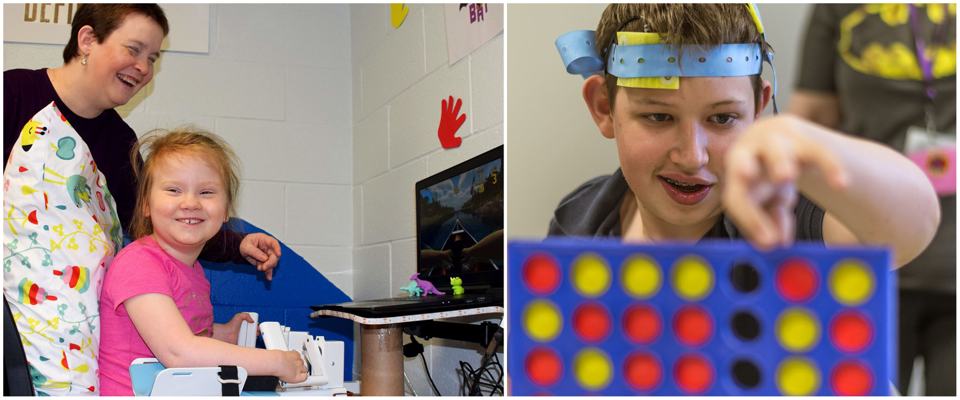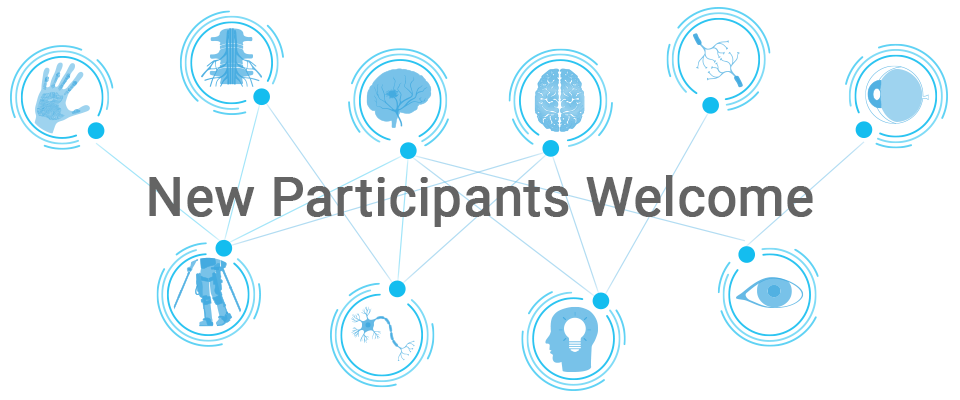You are here
Cerebral Palsy
Together, we can renew hope for cerebral palsy
Worldwide, over 24 million children and adults are living with cerebral palsy (CP)—impacting everyday life for millions. With cerebral palsy, there is a demand to discover new ways to regain lost motor, speech and cognitive functions. At the Burke Neurological Institute, we work across neurological conditions and functions—Motor, Pain & Sensory, Cognitive, and Vision—to address symptoms as well as the cause.
A breakthrough for one person to restore ability could be a breakthrough for millions, no matter how or why it originated.

“BNI brings basic science and clinical research together and enables collaboration between the two. We work with children with Cerebral Palsy and our collaborations with peer institutions such as Columbia and Weill Cornell Medicine enables us to rapidly bring the best science to them to impact their function and most importantly, their lives.” — Dr. Kathleen M. Friel
You have an important role to play in CP research
Participating in cerebral palsy research takes courage and bravery. That is why our participants are at the center of discovery. We treat symptoms in carefully monitored clinical trials that apply the latest neuroscience, drug therapies, treatments and technological devices. We go beyond current medicine and rehabilitation to test-drive innovations for neurological repair and neuro-restoration.
Join our research registry
To be contacted about future and upcoming cerebral palsy clinical trials please join our research registry. To join the research registry, simply fill out our online questionnaire.

